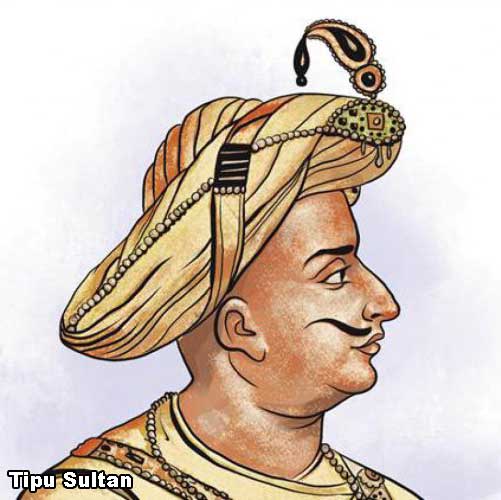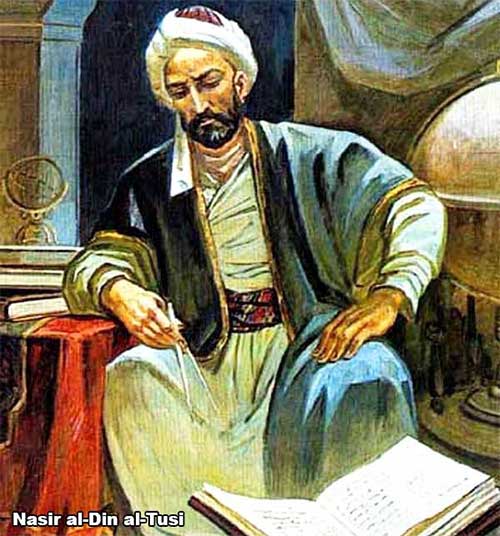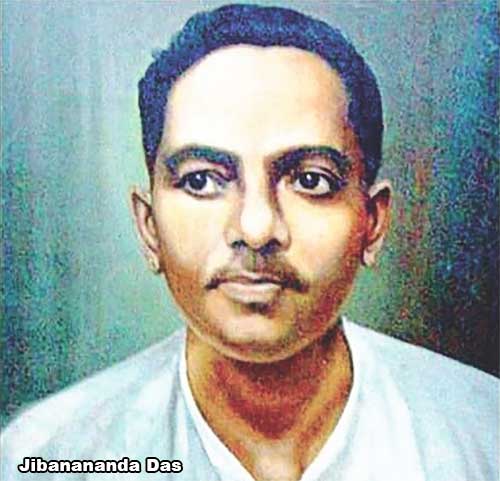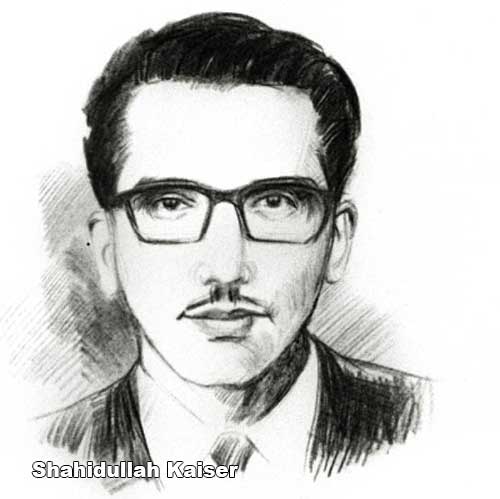
Tipu Sultan, widely known as the "Tiger of Mysore," is one of the most celebrated figures in Indian history. A formidable warrior, visionary leader, and staunch defender of his territory, Tipu Sultan's legacy transcends time. His contributions to Indian history and his relentless resistance against colonial powers make him a revered personality. In this article, we'll delve into his life, achievements, and lasting impact on Indian history.

The Early Life of Tipu Sultan
Tipu Sultan was born on November 20, 1751, in Devanahalli, near modern-day Bengaluru. His father, Sultan Hyder Ali, was the ruler of the Kingdom of Mysore, and his mother, Fatima Fakhr-un-Nisa, provided a nurturing environment that shaped his early years. Tipu inherited his father's military acumen and leadership qualities, which later defined his rule.
From a young age, Tipu Sultan was trained in military strategies, weaponry, and statecraft. His education included lessons in various languages, science, and literature, preparing him for the challenges that lay ahead. His keen interest in modern technology and progressive policies played a pivotal role in shaping his vision for Mysore.
Tipu Sultan's Rise to Power
Following Hyder Ali's death in 1782 during the Second Anglo-Mysore War, Tipu Sultan ascended to the throne. At just 31 years old, he inherited a kingdom embroiled in conflict with the British East India Company. Despite the odds, Tipu demonstrated exceptional leadership skills, leading Mysore to numerous victories.
Under Tipu's rule, Mysore became a symbol of resistance against British colonial ambitions. Innovative tactics and a strategic use of technology characterized his military campaigns. Tipu's alliances with the French and other regional powers showcased his diplomatic prowess, reinforcing Mysore's position as a formidable kingdom.
Military Achievements and Resistance Against the British
Tipu Sultan's military exploits remain a cornerstone of his legacy. He was a crucial player in the four Anglo-Mysore Wars, which marked a significant chapter in India's struggle against British domination. His innovative use of rocket artillery earned him the title of a pioneer in military technology.
One of Tipu's most notable victories came during the Battle of Pollilur in 1780, where his forces inflicted a crushing defeat on the British. This battle is often regarded as one of the worst defeats suffered by the British in India.
Tipu's resistance was not limited to the battlefield. He actively sought alliances with foreign powers, including France, the Ottoman Empire, and Afghanistan, to counter British advances. His diplomatic efforts were instrumental in securing critical resources and support for Mysore.
Tipu Sultan's Administrative Reforms
Beyond his military prowess, Tipu Sultan was a visionary ruler who implemented progressive reforms in Mysore. His administration was marked by efficiency, innovation, and a commitment to the welfare of his people.
• Economic Reforms: Tipu prioritized trade and commerce, establishing Mysore as a thriving economic hub. He encouraged silk production, agriculture, and industries, laying the foundation for sustainable growth. His trade policies included agreements with foreign powers, boosting Mysore's economy.
• Technological Advancements: Tipu Sultan was a firm believer in the power of technology. He introduced modern weaponry and promoted the use of iron-cased rockets, which were later adopted by European powers. His interest in innovation extended to agriculture and irrigation systems.
• Education and Culture: Tipu supported education and cultural development, promoting literacy and knowledge. He built libraries and encouraged the translation of scientific and literary works into regional languages, fostering intellectual growth in Mysore.
Religious Tolerance and Governance
Tipu Sultan's governance reflected a commitment to religious tolerance and inclusivity. Despite being a devout Muslim, he respected the spiritual practices of his Hindu subjects and supported the construction and maintenance of temples in Mysore. This inclusive approach helped maintain social harmony in his kingdom.
His administration was marked by fairness and justice, earning him the respect of his subjects across different communities. Tipu Sultan's policies demonstrated his dedication to the well-being of his people, transcending religious and cultural boundaries.
Tipu Sultan's Visionary Diplomacy
Tipu Sultan's diplomatic strategies set him apart from many contemporary rulers. He recognized the importance of forming alliances to counteract British aggression. His correspondence with Napoleon Bonaparte, seeking French support to drive the British out of India, underscores his forward-thinking approach.
While his alliances with foreign powers were met with mixed success, they highlighted his determination to protect Mysore's sovereignty. Tipu's efforts to unite Indian rulers against a common enemy underscored his patriotism and leadership.
The Fall of Tipu Sultan
The Fourth Anglo-Mysore War in 1799 marked the tragic end of Tipu Sultan's reign. After a prolonged siege of Srirangapatna, the British forces, aided by the Nizam of Hyderabad and the Marathas, breached the city's defenses. Tipu Sultan was martyred while defending his capital, earning him the title of a fearless patriot.
His death was a turning point in Indian history, as it marked the decline of indigenous resistance to British colonial expansion. Despite his defeat, Tipu's legacy as a symbol of resistance and courage remains undiminished.
Tipu Sultan's Enduring Legacy
Tipu Sultan's contributions to Indian history extend far beyond his military achievements. He is remembered as a reformer, a defender of his people, and a visionary leader. His innovations in technology, administration, and diplomacy left an indelible mark on Mysore and the broader Indian subcontinent.
His title, "Tiger of Mysore," epitomizes his courage and tenacity. Tipu's legacy continues to inspire generations, serving as a reminder of India's rich history of resistance against oppression.
Connections with Modern Leaders
Tipu Sultan's ideals resonate with the principles of later leaders like Maulana Abul Kalam Azad, a visionary leader and champion of Indian independence. Both figures exemplify the spirit of resistance and dedication to India's progress, making them enduring symbols of patriotism.
Conclusion
Tipu Sultan's life and legacy encapsulate the spirit of courage, innovation, and resilience. As a ruler, he defied colonial powers and worked tirelessly to improve the lives of his people. His administrative reforms, military achievements, and unwavering commitment to his kingdom make him a timeless icon of Indian history.
Tipu Sultan's story inspires those who strive to protect their heritage and values. His legacy reminds us of the power of determination and the importance of standing firm against adversity.
#TipuSultan #TigerOfMysore #MysoreKingdom



